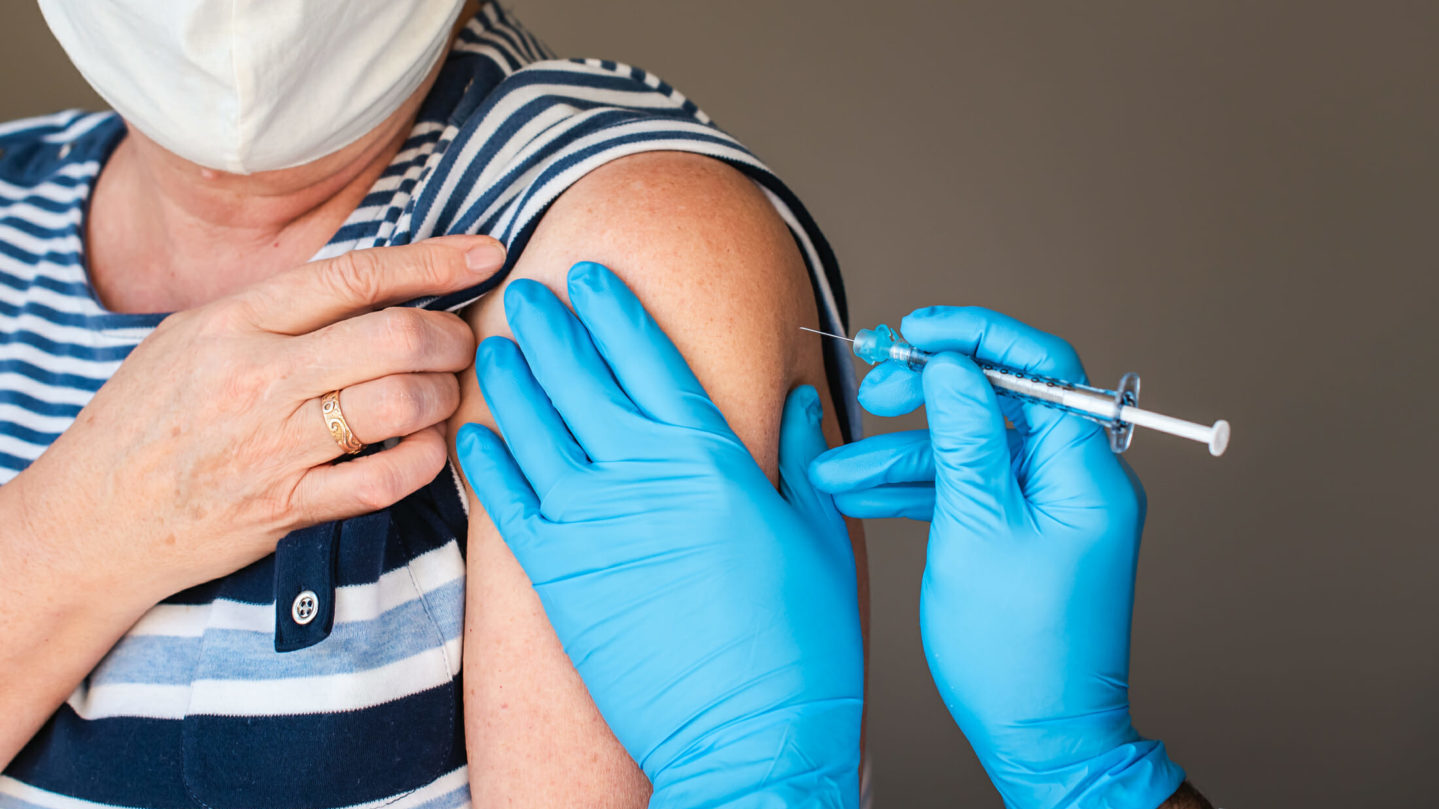
Current clinical focus on understanding and unlocking every drug’s full potential has researchers looking at what the COVID-19 vaccine can do — beyond staving off or lessening severity of the virus. A recent study found that 82% of heart failure patients who were vaccinated against COVID-19 had a greater likelihood of living longer than those who were not vaccinated.
The findings were presented on May 11 at Heart Failure 2024, a scientific congress of the European Society of Cardiology (ESC). This nationwide, retrospective study examined the prognosis of heart failure patients according to COVID-19 vaccination status. Heart failure is a life-threatening disease that affects more than 64 million people worldwide.
For the final comparative analysis, there were 73,559 vaccinated patients and 73,559 unvaccinated patients, with the average study participant age 69.5 years.
The median follow-up was six months. Vaccination was associated with an 82% lower risk of death from any cause, 47% lower risk of hospitalization for heart failure, and 13% reduced risk of COVID-19 infection compared with no vaccination. Regarding cardiovascular complications, vaccination was associated with significantly lower risks of stroke, heart attack, myocarditis/pericarditis and venous thromboembolism compared to no vaccination.
“This was the first analysis of COVID-19 vaccine effectiveness in a large population of heart failure patients, and the first to show a clear benefit from vaccination,” said study author Kyeong-Hyeon Chun of the National Health Insurance Service Ilsan Hospital, Goyang, Republic of Korea. “The study provides strong evidence to support vaccination in patients with heart failure. However, this evidence may not be applicable to all patients with heart failure, and the risks of vaccination should be considered in patients with unstable conditions.”





